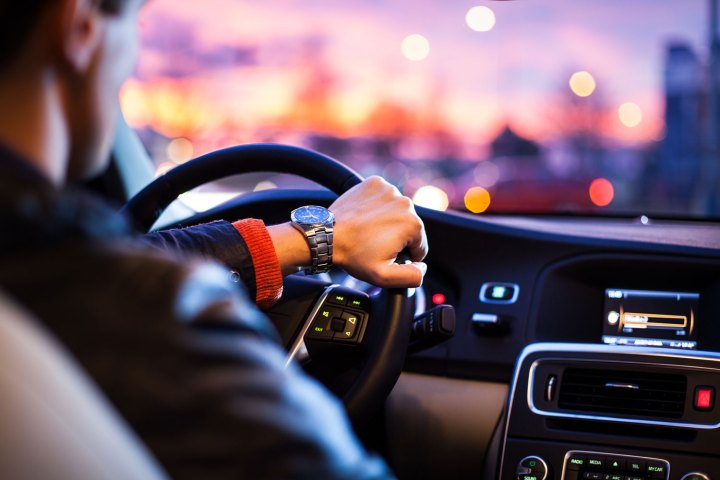
According to campaign records, Ridesharing Works for Austin spent $5.4 million of its $8 million in contributions by the end of April. The group lobbying in favor of keeping the law in place, in contrast, spent just $83,000 of the $100,000 it had raised.
Fingerprinting ride-share drivers is a hot issue for the companies that employ the drivers, who are considered contractors. The issue is growing in importance and attention for municipalities concerned about rider safety. Houston and Atlanta are also in contention with the companies over the issue. Conventional taxi and livery companies are interested in stricter background checks on what have become their biggest competitors.
Pushing back the legislation in Austin may be akin to putting a finger in a hole in a dike to stem flood waters, but at this time, that’s where the fight and the opportunity are. Other cities currently preparing or considering laws about driver fingerprinting are watching today, because what happens in Austin may not stay in Austin. The Austin results may give them good information and guidance for their own efforts.
Uber and Lyft have taken the position that their current background checks are sufficient and that fingerprint checks will dissuade potential drivers. Uber has also argued that since the drivers are independent contractors and not employees, that the company is not liable for alleged sexual harassment, rape, or other crimes by drivers while clocked into the ride-hailing service.
A recent federal court ruling in California did not approve dismissing Uber’s liability in a case of alleged rape by one of its drivers. The same ruling dismissed without prejudice (which means the claim could be brought back) company liability in an alleged driver assault case. Those two cases, which are still in court, may set sufficient precedent for future claims.
Uber, Lyft, and other ride-sharing companies may eventually decide to the stringency of their driver checks. But today Uber and Lyft are working together to get the fingerprinting requirement off the books in Austin.




